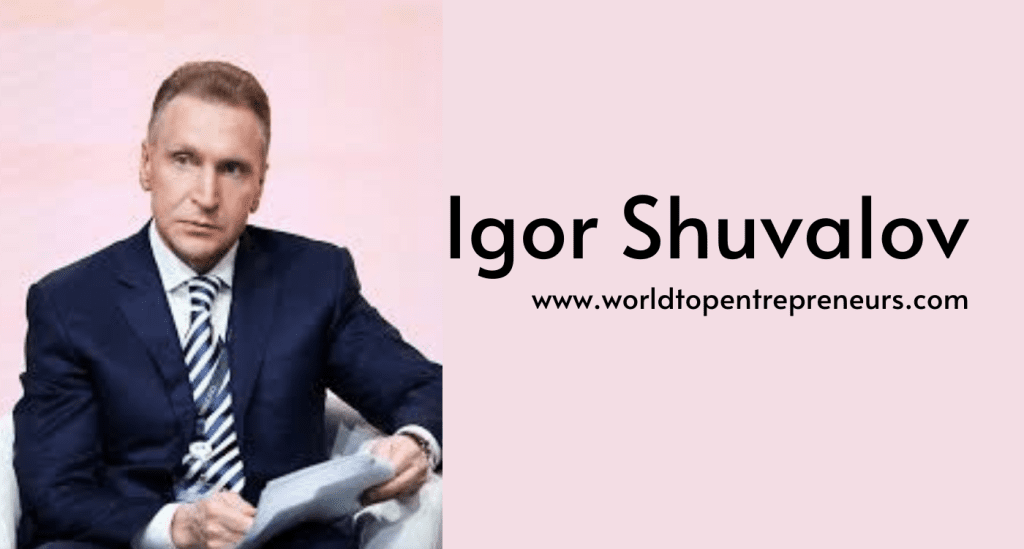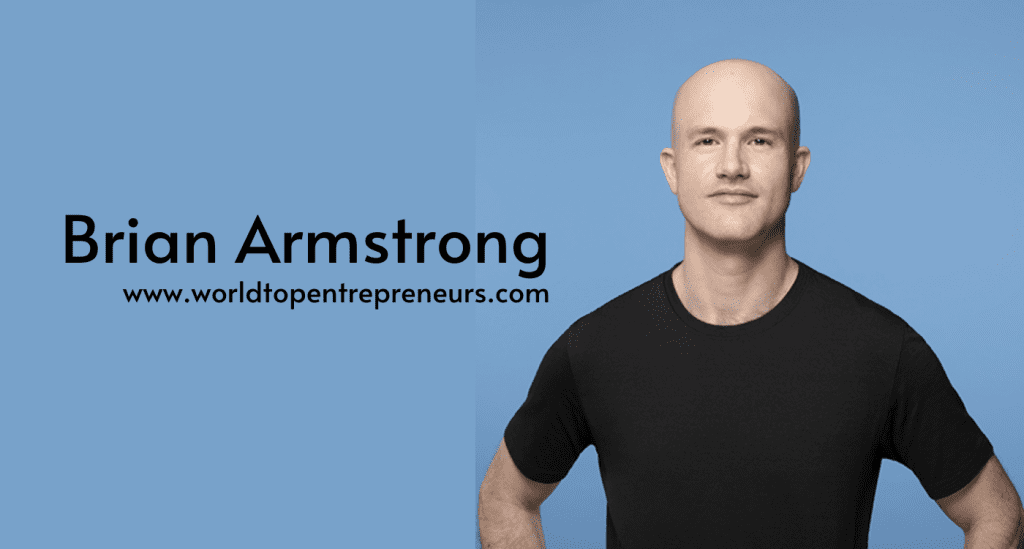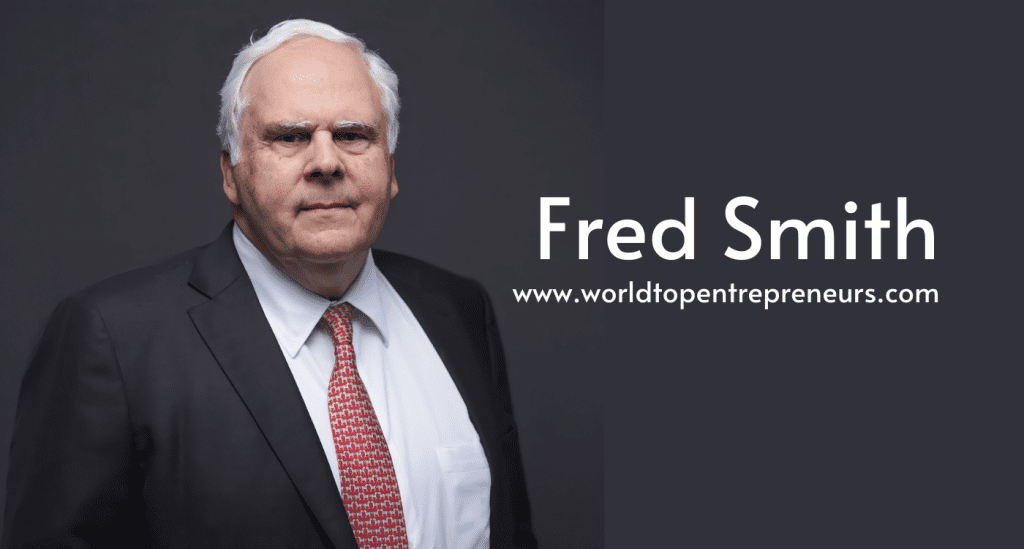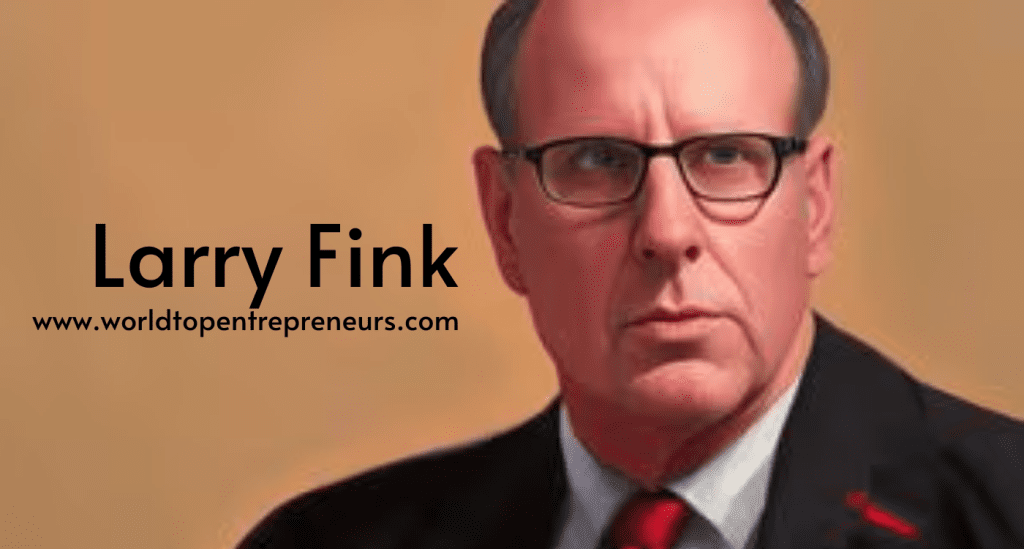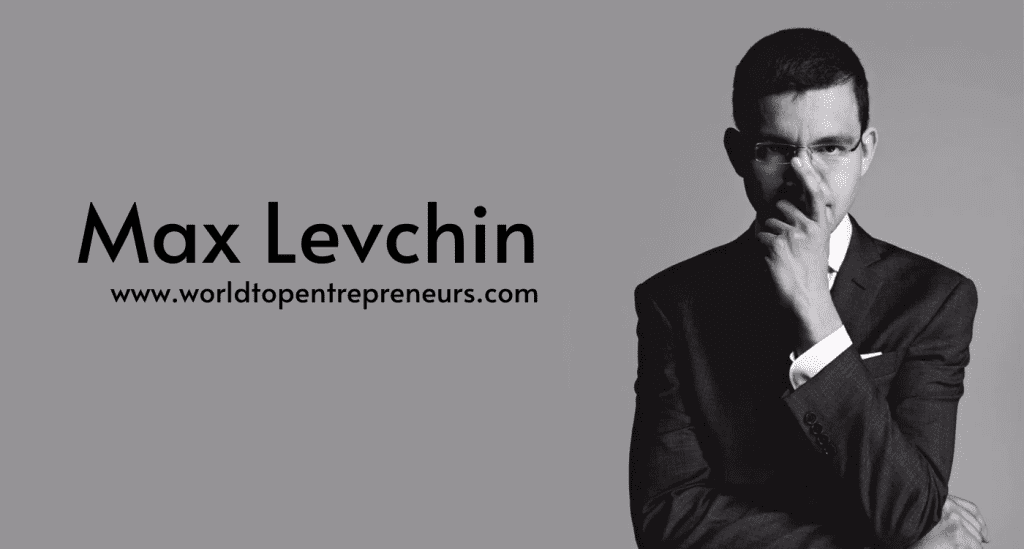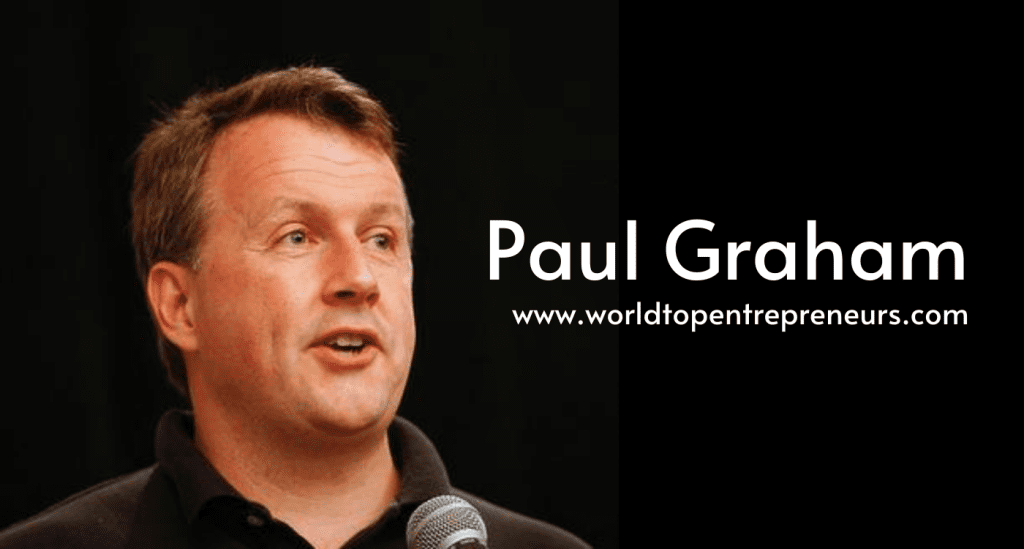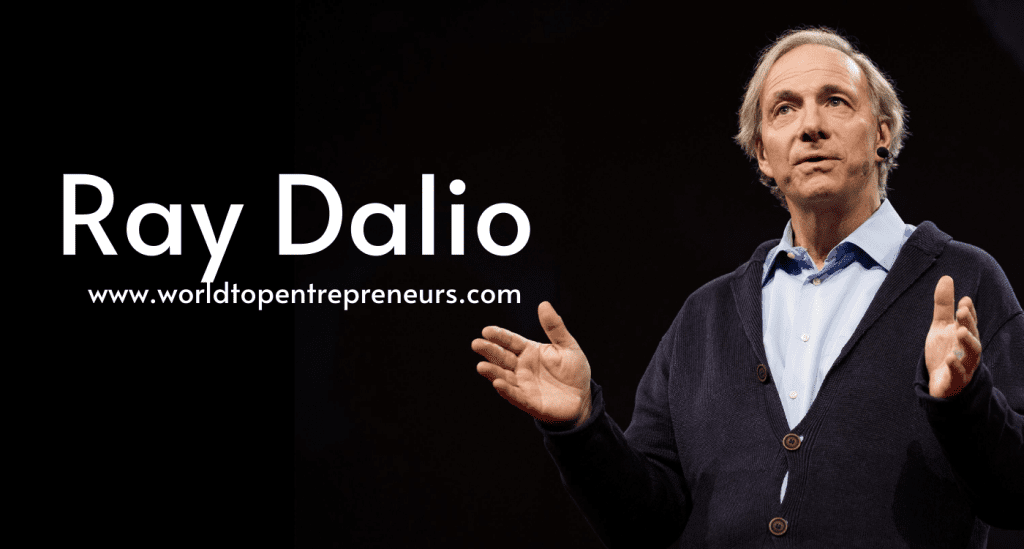Igor Shuvalov is a prominent Russian businessman and politician who has played a pivotal role in the development of Russia’s financial and industrial sectors. As the Chairman of VEB.RF (State Development Corporation), Shuvalov’s influence stretches across key areas of Russia’s economic and financial landscape. His career has been marked by both public service and strategic leadership in large-scale economic development projects. With a blend of experience in government, business, and finance, Shuvalov has helped shape the direction of Russia’s national development.
Early Life and Educational Background
Born on January 4, 1967, in the city of Leningrad (now St. Petersburg), Igor Shuvalov came from a background where education was highly valued. His early life in the Soviet Union was shaped by the ideological shifts of the era, which would later influence his career choices.
Shuvalov’s academic journey began at Leningrad State University (now St. Petersburg State University), where he graduated with a degree in Law. During his time at university, Shuvalov became interested in political and economic matters, particularly the intersection of law and business. His education laid the groundwork for his future career in both public service and the corporate world, giving him the skills needed to navigate complex legal, financial, and political landscapes.
After completing his law degree, Shuvalov furthered his studies at the Academy of National Economy under the Government of the Russian Federation, where he earned a postgraduate degree. This education provided him with deep insights into the workings of Russia’s political and economic systems and would later inform his approach to economic policy and development projects.
Early Career and Business Background
Igor Shuvalov’s early professional career was rooted in law and public administration. In the late 1980s, he began working in the Soviet legal system before moving into more politically charged roles in post-Soviet Russia. In the 1990s, as Russia underwent major political and economic transformation, Shuvalov transitioned into a more active role in business and government.
Shuvalov first gained prominence in the Russian Federation’s government in the late 1990s and early 2000s. He worked with several Russian governmental agencies and participated in developing key legal frameworks that facilitated Russia’s entry into global markets. His early roles, particularly within the Russian Ministry of Economics, allowed him to build a deep understanding of Russia’s transition to a market economy.
In the early 2000s, Shuvalov moved into the private sector, working with high-profile Russian business figures and firms. His business experience was diverse, spanning various industries, including finance and investment. He became an active participant in Russia’s financial reforms and played a role in facilitating private investment in major infrastructure projects.
VEB.RF: The State Development Corporation
In 2011, Igor Shuvalov’s career took a significant turn when he was appointed as the Chairman of VEB.RF (the State Development Corporation), a key financial institution in Russia tasked with fostering national economic development. VEB was originally established in 1991 to support the Russian economy by providing development finance, managing state-owned assets, and facilitating investments in key infrastructure projects.
As Chairman, Shuvalov took on the responsibility of steering the corporation through turbulent economic times, characterized by global economic volatility and domestic financial challenges. Under his leadership, VEB played an instrumental role in financing large-scale infrastructure projects, particularly in the areas of transport, energy, and industry.
The role of VEB has evolved over the years from being a state development bank focused on long-term financing to also becoming a key actor in Russia’s development strategy, playing a critical role in supporting Russia’s industrialization, modernization, and overall economic diversification. Shuvalov’s vision for the institution was to make it an engine for economic growth by funding initiatives that would create jobs, improve infrastructure, and foster innovation.
One of VEB’s major initiatives under Shuvalov’s leadership has been its involvement in financing the Sochi Winter Olympics in 2014, a significant event for Russia on the global stage. VEB acted as the main financial institution for the infrastructure projects that supported the Olympics, which, although highly ambitious, were instrumental in the development of the region’s transport and tourism sectors.
Key Struggles and Challenges
Shuvalov’s tenure at VEB was not without its challenges. One of the primary struggles was navigating the economic sanctions imposed on Russia by Western countries, particularly after the annexation of Crimea in 2014. These sanctions severely limited Russia’s ability to access international capital markets and placed pressure on financial institutions like VEB, which were heavily reliant on international funding.
Another challenge was managing the increasingly complex and diverse portfolio of projects supported by VEB. The state development corporation became involved in a wide array of projects across multiple sectors, including transportation, energy, real estate, and technology. The scale of these projects was enormous, and the corporation often faced difficulties in managing risks and ensuring that investments translated into long-term economic benefits.
Moreover, some of the projects that VEB financed faced significant setbacks, such as cost overruns and delays, particularly in large infrastructure initiatives like the Crimean Bridge and other post-Crimea development projects. These challenges, combined with shifting economic conditions, put significant pressure on VEB’s ability to deliver on its development goals.
Successes and Achievements
Despite these obstacles, Igor Shuvalov has been widely credited with ensuring that VEB remained a pivotal force in Russia’s economic development. Under his leadership, VEB has financed a variety of critical projects that have contributed to Russia’s long-term economic goals, particularly in the realms of infrastructure, transportation, and energy.
One of the most notable successes was VEB’s role in financing the Sochi Winter Olympics, a project that required extensive infrastructure development and investment. Although the Olympics themselves were not without controversy, the long-term effects of the infrastructure investments made by VEB in the region have contributed to the economic growth of the Krasnodar region, which has seen an uptick in tourism, transport, and industry.
Additionally, Shuvalov was instrumental in leading VEB through the crisis of Russian economic sanctions and global financial instability. Despite the challenges, the corporation continued to serve as a primary tool for economic development, financing a range of projects that aimed to diversify the Russian economy, particularly in sectors such as green energy and high technology.
Another key achievement during Shuvalov’s time at VEB was the bank’s increasing involvement in the Russian technology sector. VEB was a major backer of technological innovation, investing in various start-ups and initiatives designed to bring Russia’s digital economy into the 21st century. Under Shuvalov’s direction, VEB played a pivotal role in developing Russia’s innovation ecosystem, supporting Russian tech firms with capital and resources.
Igor Shuvalov’s Leadership Style
Shuvalov is known for his pragmatic leadership style, which combines technical expertise with a keen political understanding. His approach is deeply rooted in state-driven capitalism, where the state plays an active role in guiding and financing industrial development. He is highly strategic, often making decisions with long-term economic goals in mind.
While his leadership has been marked by pragmatism, Shuvalov has also faced criticism for his association with state-controlled companies and his role in Russia’s political system. Some critics argue that his leadership style is too centralized and that the state’s involvement in economic development could stifle innovation and competition. However, others point to his ability to drive major projects and secure financing as evidence of his effectiveness in navigating Russia’s unique political and economic landscape.
The Future of VEB and Igor Shuvalov
Looking ahead, Igor Shuvalov’s legacy as Chairman of VEB will likely be defined by his ability to lead the corporation through challenging economic times while ensuring that it continues to play a vital role in Russia’s development. As VEB works to finance the modernization of Russia’s economy, particularly in high-tech sectors and green energy, Shuvalov’s leadership will be key to the corporation’s success in the years to come.
Though he has stepped away from direct operational roles, his influence on VEB’s trajectory remains significant. His vision for the Russian economy, particularly in terms of infrastructure development and economic modernization, will continue to shape the country’s financial institutions.
Conclusion
Igor Shuvalov’s entrepreneurial journey and leadership at VEB.RF have been pivotal in shaping Russia’s modern economic landscape. From his early days in law and government to leading a state-backed development bank, Shuvalov’s ability to navigate complex political and financial systems has positioned him as a key figure in Russia’s development. Despite the challenges he faced, his strategic focus on long-term development and investment in critical sectors has contributed significantly to Russia’s infrastructure, innovation, and economic diversification. As VEB continues to adapt to global economic challenges, Shuvalov’s vision for a stronger, more diversified Russian economy remains central to its mission.

